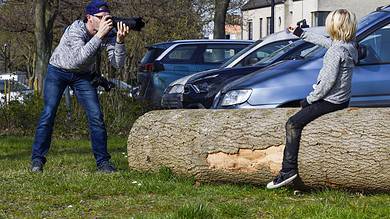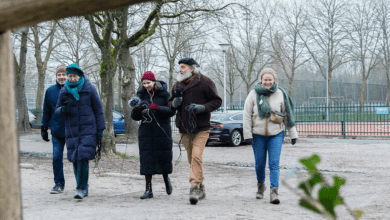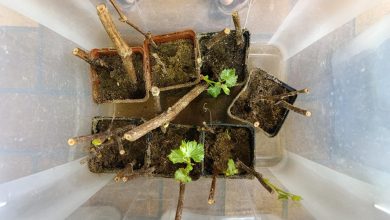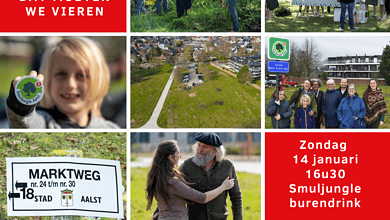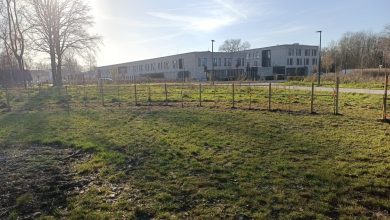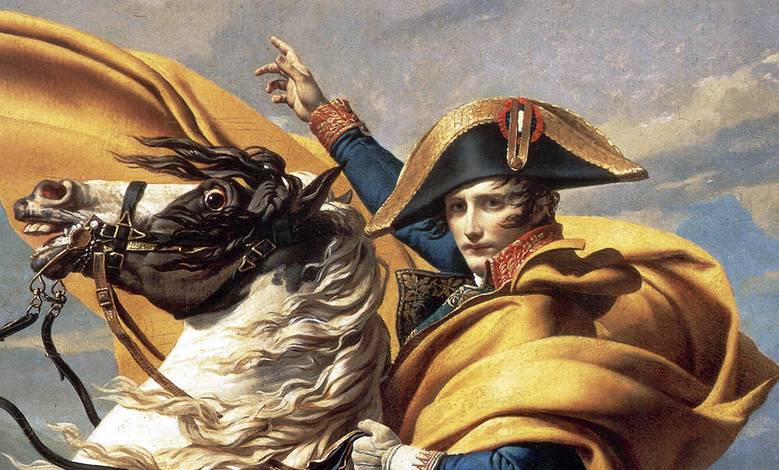
We have long dreamed of also giving grapes free rein in our Smuljungle in Aalst by letting them grow in the trees. This is not new but an ancient tradition dating back to the Etrisks. You can read more about that here . Oo I heard someone say recently, but then you can’t pick those. But let that be precisely the reason why that odd spot for winding grapes ensured that the “Roland” grape is still around today. For just because they grew in the wilderness this species was not exterminated by Napoleon. At least that is the story I was told on a visit to Nursery De Bock of Oudenaarde who has this ‘Roland’ grape on “stick.” (Thanks to Bart Backaert for the tip)
This very old white-pink grape variety, was discovered more than 35 years ago by Roland Messiaen. He found a very old, unknown vine growing on top of a baking oven near Oudenaarde. He took several shoots and tried the plant in his own garden. It became a true success! The vines proved to be disease resistant and produced a massive crop of white Muscat grapes.
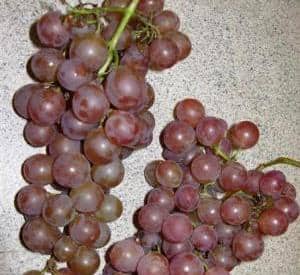
The fruits were not only particularly tasty eating grapes, but also very suitable for making (sweet Muscat) wine. This showed that the plant was suitable for both indoor and outdoor cultivation and that the bunches did not need to be sprouted. To propagate this vine on a larger scale, Nursery De Bock was called in. And as often happens with foundlings, this one too was given the name of its finder: Roland. The grape is ripe from late September and has a muscat flavor.
But is it really Napoleon’s fault or is it fake news?
At the time, Napoleon had the vineyards destroyed because he feared competition from French vineyards. At least, that is often claimed, but is that story true?
According to Culinary Expert Maarten van Laarhoven, that’s not true at all. Napoleon had other concerns but he does not deny that an official may have been out of line. Our culinary expert consulted Geurt van Rennes, son of the late Jaap van Rennes, founder of Wine Castle Genoels-Elderen in Riemst. Geurt’s work includes being a viticulture consultant and teacher of viticulture in Hasselt. By his own admission, he has now collected more than five hundred scientific sources and found watertight evidence that Napoleon’s story is absolute nonsense.
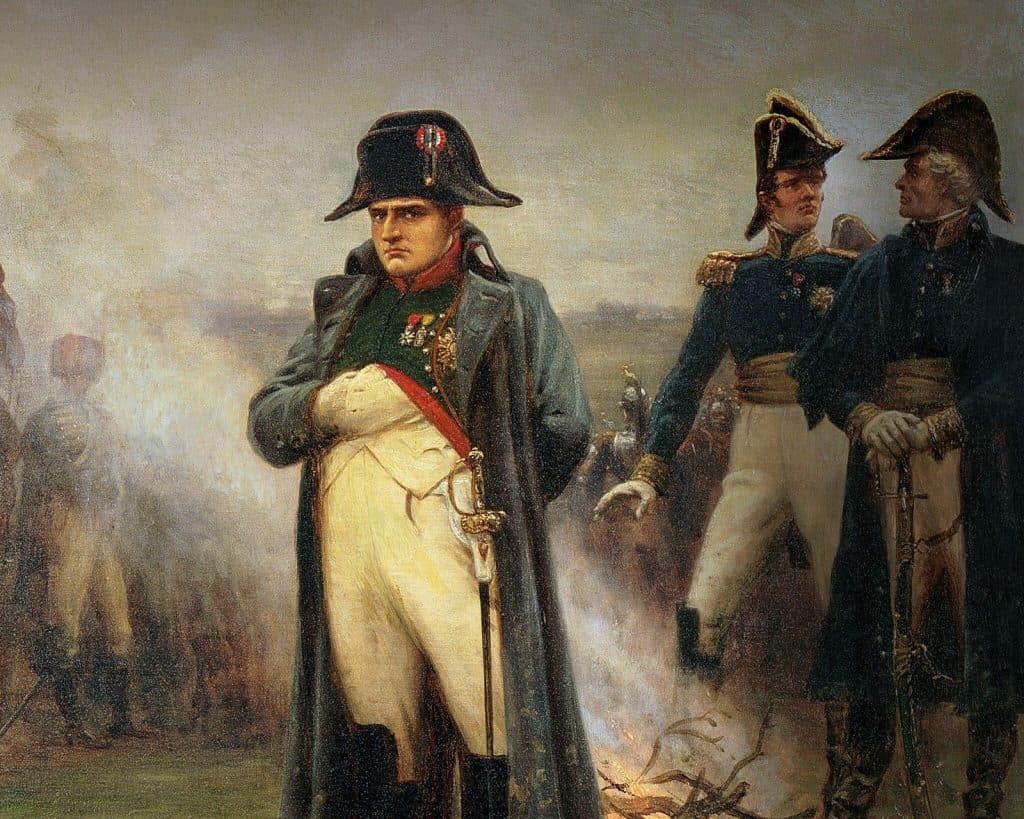
“The best medicine against the grapes of wrath is a touch of grape shot.”
Quote Napoleon
So what is going on? The year without summer.
According to Geurt Van Rennes, a climate reversal caused by a giant volcanic eruption on Sumwaba, a small island in the Indonesian archipelago, was at the root. The Tambora eruption has gone into the books as the largest yet. The disaster took the lives of more than twelve thousand people; at least one hundred thousand died indirectly as a result of famine caused by failed harvests and farmland rendered unusable.
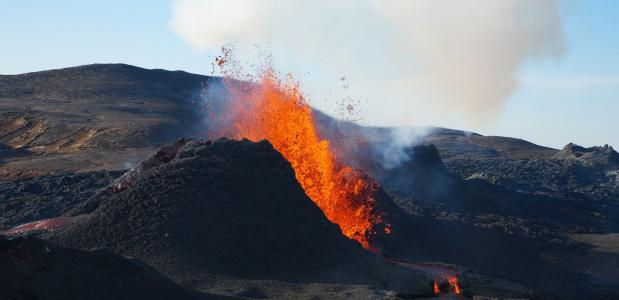
The effects of the eruption were felt worldwide. In fact, the effects were so great that the year 1816 is known as “the year without a summer. This lowered the temperature by about 3°C. And that at a time when it was quite a bit colder than now anyway.
In the winter of 1815-1816, the impact on temperature was even greater. It is because of this terribly cold winter that viticulture completely disappeared from our regions. No one thought of replanting vineyards. The famine that struck Europe the following summer caused all available land to be used for food.
The Battle of Waterloo
According to Wikipedia, there is even a hypothesis that Napoleon’ s defeat at the Battle of Waterloo (1815) was partly due to the eruption of Tambora. The heavy rains during the battle caused Napoleon’s artillery to get stuck in the mud. In any case, the eruption paralleled Napoleon’s last attempt to seize European power. “The volcano begins to rumble the moment the Frenchman escapes from an earlier forced exile on the Italian island of Elba and returns to Paris to form an army. The volcano’s ash appears over Europe just after the French are spectacularly defeated (…). So the blood-red sunsets seen across Europe in the following weeks are aptly colored. The sky is as red as the battlefields with their thousands of dead.
But true or false. It shows that this grape variety has stood the test of time.
Tasting blown
These Ghent winemakers are already taking it in stride and hope to crack the first bottles of “Cuvée Champs Elysées” by 2026. But other winemakers in the region are also working on it. You can also find the ‘Roland’ grape in the botanical garden of Utrecht University. And of course, soon to be tasted at the Smuljungle in Aalst. To that we toast.
